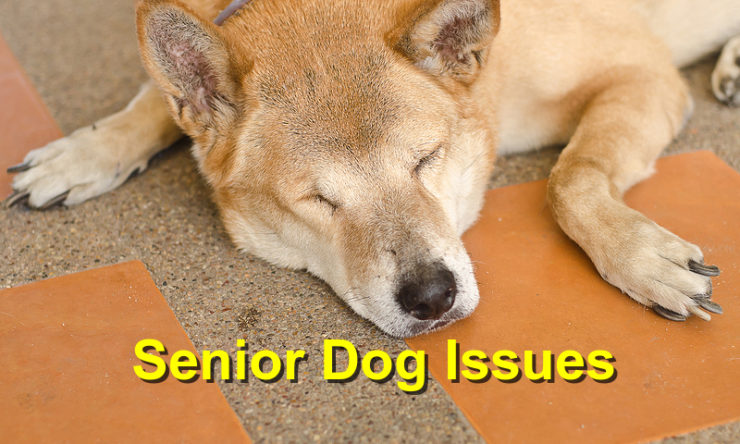Got an Older Dog? Here’s 4 Things That You Must Know About Senior Dogs
1. Old age is part of the natural progression of life and not a disease
Your dog could be advanced in age but that does not necessarily mean that it has to be denied access to a healthy, enriched and comfortable life. True, older dogs generally tend to develop more health issues that younger ones, but timely preventive care can keep most of these ailments at bay for as long as possible. Get into the habit, for instance, of taking your senior dog for a comprehensive physical exam at least twice every year. And this should include cancer cells scans and bloodwork if need be.
2. Make your home friendly to your senior furry friend
It goes without saying that a dog’s physical senses and ability to hear, see, smell and agility takes a heavy toll as the years roll by. Mindful little changes in their immediate daily living environment, therefore, will go a long way in preventing accidental injuries. It would also be helpful if you changed how you play, interact or exercise with your dog as far staving off injuries go. For instance, you could choose to play with the dog in the backyard instead of going to public parks.
3. Pay greater attention to your dog’s diet and nutrition
The type of food (and also the amount) will typically change as your dog moves through different stages of their life. It is also important to realize that your dog becomes increasingly predisposed to obesity as they near the end of their life. Hence, it is advisable to periodically cut back on their calorific provision to keep unwanted weight gain at bay. Have it at the back of your mind that maintaining recommended weight is paramount to keeping your senior pet active.
4. Be on lookout for parasites
Senior dogs are known to be prone to infestations by internal parasites. And this is why veterinary doctors recommend that one ought to take the necessary preventive measures to shield them from worms and parasites.
Sources: NPR, Old Dog Haven, Petcube
Copyright: Local Value


